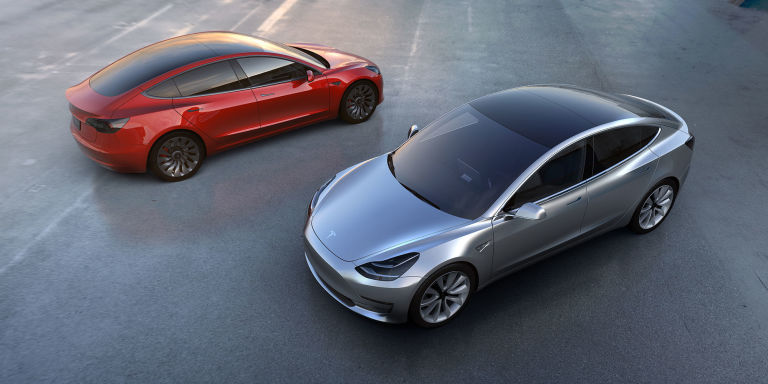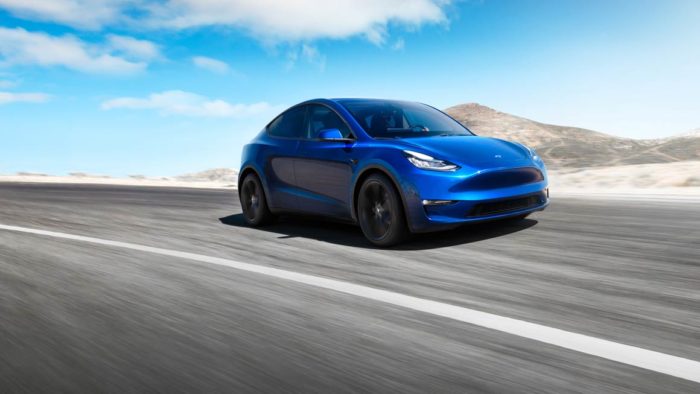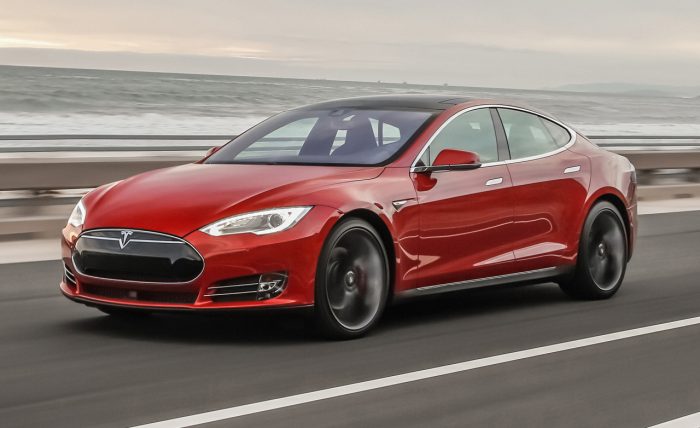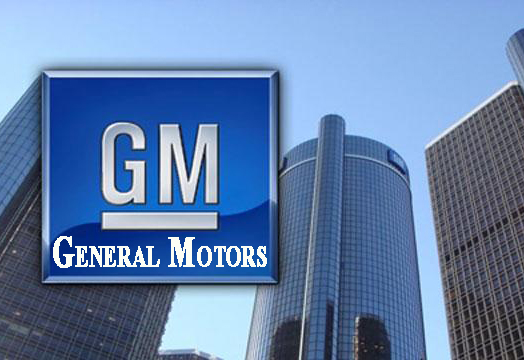Now Reading: Consumer Reports pulls off recommendation for Tesla’s Model 3, citing reliability
-
01
Consumer Reports pulls off recommendation for Tesla’s Model 3, citing reliability
Consumer Reports pulls off recommendation for Tesla’s Model 3, citing reliability

Consumer Reports on Thursday yanked a recommendation for Tesla Inc’s Model 3, pointing out reliability issues, and the influential U.S. magazine turned up the pressure on other automakers to include crash-avoiding automatic braking as conventional equipment.
The magazine’s decision to withdraw its recommendation for the Tesla Model 3 less than nine months after endorsing the electric sedan highlighted speaks about quality that Tesla has faced since the vehicle’s difficult launch. Tesla shares dropped 3.4 percent to $292.19 in afternoon trading Thursday on the Nasdaq.
Low scores for the Model 3 damage the brand’s overall standing, knocking it down 11 spots to No. 19 out of 33 brands in Consumer Reports’ 2019 yearly rankings.
Millions of prospective auto buyers look at the magazine’s rankings, which are based on road testing, reliability, security and owner satisfaction scores.
Regardless of reliability problems, Model 3 owners stated they love their vehicles, said Jake Fisher, the magazine’s senior director of automotive testing.
“We have already made major improvements to correct any issues that Model 3 customers may have experienced that are referenced in this (Consumer Reports) report,” a Tesla spokesperson stated in an email according to Reuters, “and our return policy allows any customer who is unhappy with their car to return it for a full refund.”
Previously this month, Tesla CEO Elon Musk stated during a call with investors that the company is concentrating on improving customer service and quality.
Consumer Reports’ refusal to recommend vehicles that lack technology that automatically applies brakes disqualified a wide swath of well known brands and models, including General Motors’s Chevrolet.
A growing number of new vehicle models now come with automatic emergency braking, often called AEB, as standard, including Subaru’s Ascent, which is Consumer Reports’ 2019 top pick for the midsize SUV category.
Stay Informed With the Latest & Most Important News
Previous Post
Next Post
-
 01Polestar Boss Says It’s Time To Outrun BMW M And Mercedes-AMG
01Polestar Boss Says It’s Time To Outrun BMW M And Mercedes-AMG -
 02Spy Shots: 2027 Mitsubishi Pajero Spotted in Testing Ahead of Possible U.S. Return
02Spy Shots: 2027 Mitsubishi Pajero Spotted in Testing Ahead of Possible U.S. Return -
 03Spy Photos: VW ID. Polo GTI Goes Electric with 223 HP and 280 Miles of Range
03Spy Photos: VW ID. Polo GTI Goes Electric with 223 HP and 280 Miles of Range -
 042026 Toyota Hilux EV: A Powerful Truck with Silent Torque
042026 Toyota Hilux EV: A Powerful Truck with Silent Torque -
 05The Controversial Ford Voodoo V8 That Was Killed Off Too Early
05The Controversial Ford Voodoo V8 That Was Killed Off Too Early -
![2027 Mercedes-Benz S-Class Debuts with V8 Engine [Photo Gallery]](https://speedlux.com/wp-content/uploads/2026/01/2027-Mercedes-Benz-S-Class-33-155x125.jpg) 062027 Mercedes-Benz S-Class Debuts with V8 Engine [Photo Gallery]
062027 Mercedes-Benz S-Class Debuts with V8 Engine [Photo Gallery] -
 07Hyundai Palisade’s Breakout Year Shows How Quickly the Market Can Turn
07Hyundai Palisade’s Breakout Year Shows How Quickly the Market Can Turn


![2027 Mercedes-Benz S-Class Debuts with V8 Engine [Photo Gallery]](https://speedlux.com/wp-content/uploads/2026/01/2027-Mercedes-Benz-S-Class-33-700x394.jpg)











































